UCLH has recruited the first participant to an international trial in frontotemporal dementia (FTD), one of the most common causes of early-onset dementia.
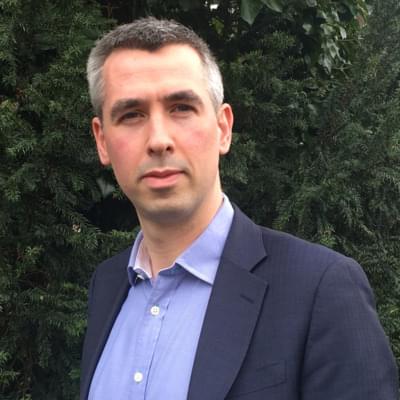


A study from Tübingen University and the German Center for Diabetes Research reveals that the brain plays a crucial role in obesity and type 2 diabetes development. It shows that even a brief period of consuming high-calorie processed foods can significantly alter brain insulin sensitivity, a key factor in weight gain and metabolic disorders. The research demonstrated that insulin’s appetite-suppressing effect in the brain diminishes after a short-term high-calorie diet, leading to insulin resistance. These effects were observed in healthy participants, suggesting that dietary habits could influence brain function before any significant weight gain occurs. Further research is needed to understand the brain’s role in these conditions.
The number of obese persons has grown significantly in recent decades, which presents significant difficulties for those who are impacted, healthcare systems, and those who provide treatment. The hormone insulin plays a key role in the development of obesity. Up until recently, there have been numerous signs indicating insulin causes neurodegenerative and metabolic disorders, especially in the brain. A recent study by the University Hospital of Tübingen, the German Center for Diabetes Research (DZD), and Helmholtz Munich offers intriguing new insights into the origins of type 2 diabetes and obesity as well as the brain’s function as a critical control center.
Obesity has only been officially recognized as a disease in Germany since 2020, despite the fact that it has long been known to cause a number of illnesses, including diabetes, heart attacks, and even cancer. The World Health Organization has already declared obesity to be an epidemic, affecting over one billion individuals globally and almost 16 million in Germany alone. A body mass index of 30 or more is considered obese, and a poor diet and insufficient exercise are frequently cited as the causes of this chronic illness. However, the mechanisms in the body that lead to obesity and cause the disease are more complex.
Obesity and the role of insulin in the brain
Unhealthy body fat distribution and chronic weight gain are linked to the brain’s sensitivity to insulin. What specific functions does insulin perform in the brain, and how does it affect individuals of normal weight? In their study, Prof. Dr. Stephanie Kullmann and her colleagues at the Tübingen University Hospital for Diabetology, Endocrinology, and Nephrology found the answer to this query. “Our findings demonstrate for the first time that even a brief consumption of highly processed, unhealthy foods (such as chocolate bars and potato chips) causes a significant alteration in the brain of healthy individuals, which may be the initial cause of obesity and type 2 diabetes,” says Prof. Kullmann, the study’s leader. In a healthy state, insulin has an appetite-suppressing effect in the brain. However, in people with obesity in particular, insulin no longer regulates eating behavior properly, resulting in insulin resistance.
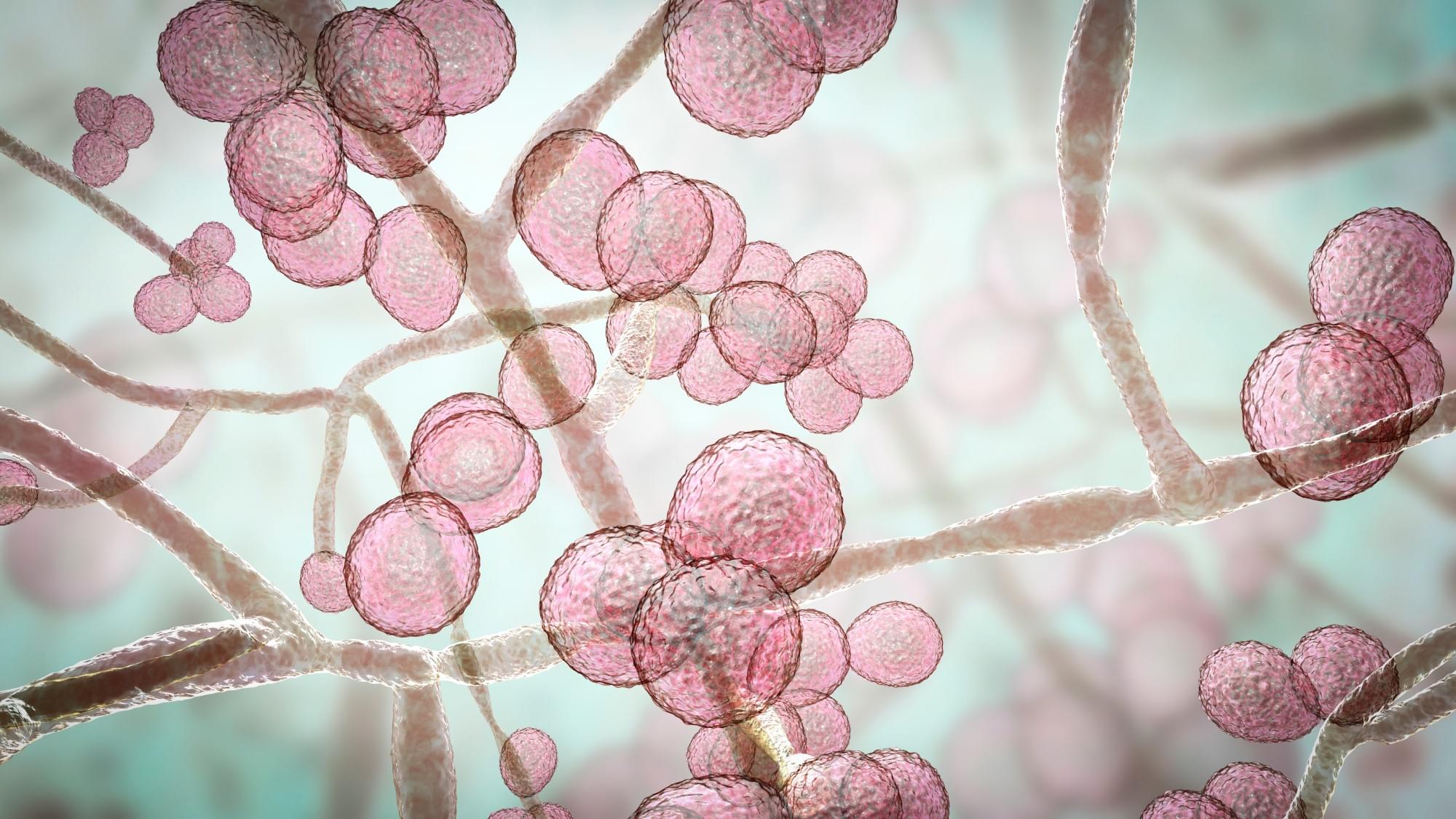
Basically mushrooms can cure all major illnesses all over the human body and brain. If all the pharmaceutical companies got into business with Chinese medicine which has used mushrooms of all types we essentially have a no side effect system of 100 percent healing. Even the basic food pyramid has show essentially to prove beneficial to humans more than medicines. Also essentially nanotransfection for people that have lost limbs or lost any body part could in the future regenerate limbs similar to wolverine like in the marvel comics but at a slower pace but would heal anything while the mushrooms keep one well and fed. A lot of the American studies are a stop gap measure while mushrooms can cure things slowly but to 100 percent. Along with healthy eating and nanotransfection one could have all they need for any regeneration in the far future. In the future this technology and food could essentially allow for minimal down time healing inside and the foods would fuel the body. It could be put on a smartphone where even trillions of dollars would be saved getting doctor treatments down to a dollar or less for entire body scans and healing. It would be the first step towards Ironman but using the human body to heal itself and the foods to fuel regeneration.
The WHO has published the first list of priority fungal pathogens, which affect more than 300 million people and kill at least 1.5 million people every year. However, funding to control this scourge is less than 1.5% of that devoted to infectious diseases.
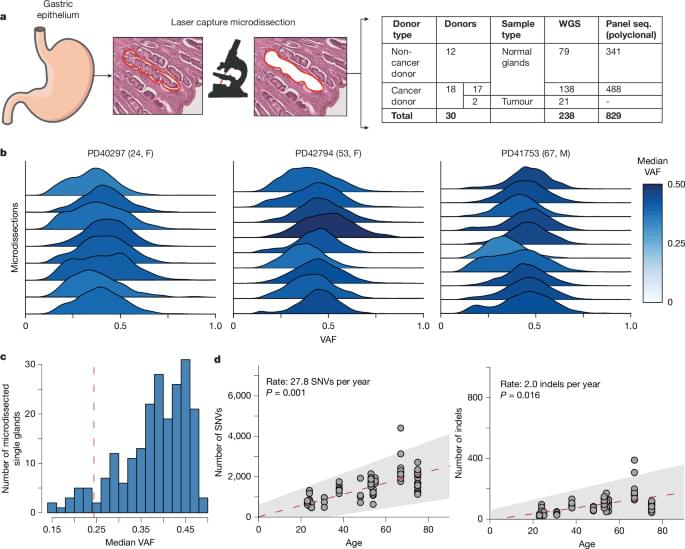
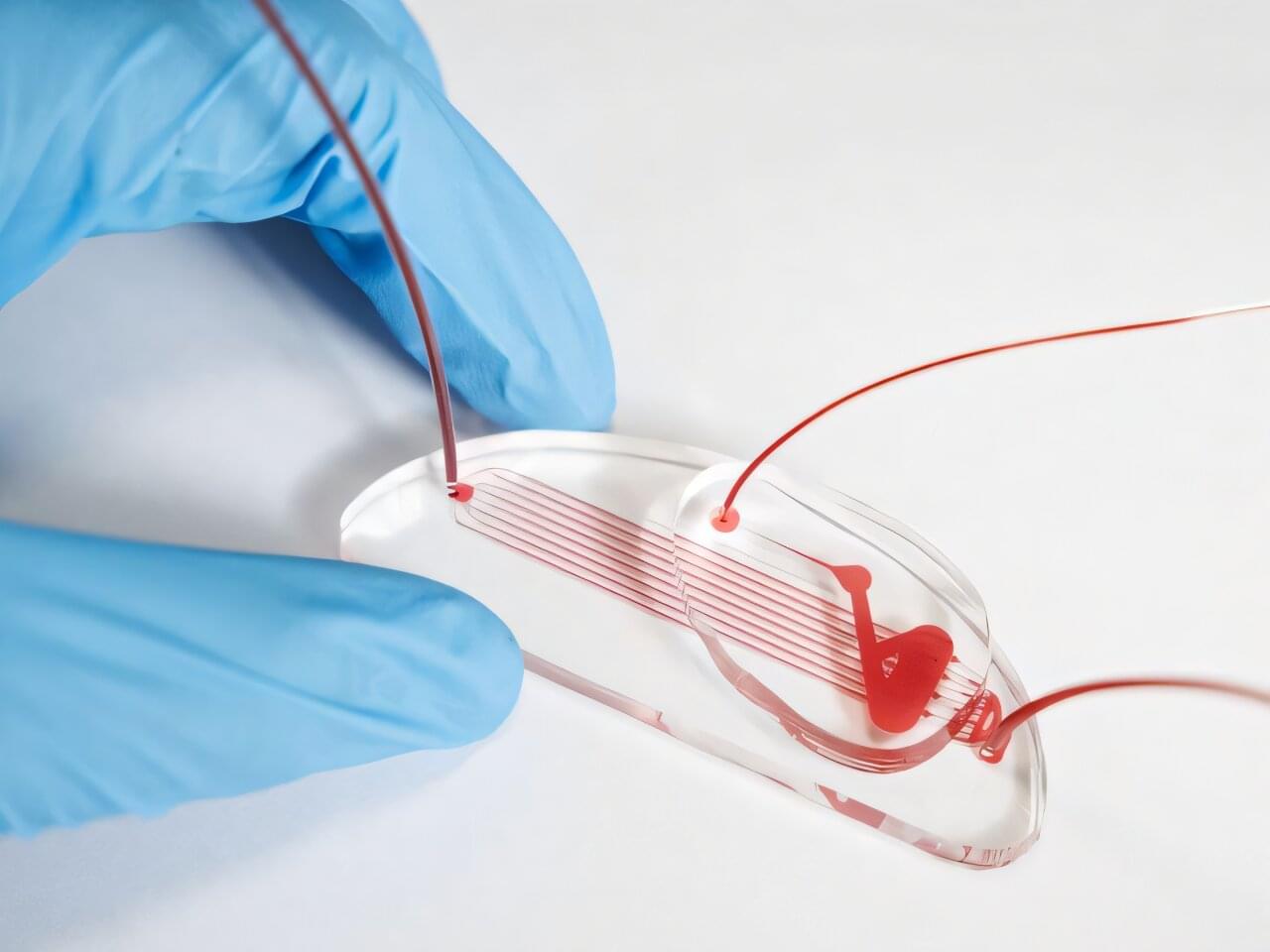
Researchers at the University of Houston, in collaboration with Baylor College of Medicine, are developing new devices for treating children with hyperleukocytosis, a condition that develops when the body has an extremely high number of white blood cells, often due to leukemia.
Leukemia is the most common type of cancer in children, with an annual incidence of about 5 per 100,000 children in the United States. Up to 20–30% of patients with acute leukemia develop hyperleukocytosis, placing them at risk for life-threatening complications.
Although definitive treatment for acute leukemia involves chemotherapy, leukapheresis—to urgently reduce dangerously elevated white blood cell counts—is a potentially life-saving therapeutic option. During leukapheresis, a large machine uses centrifugation to separate white blood cells, or leukocytes, from the rest of the blood, which is then returned to the patient.

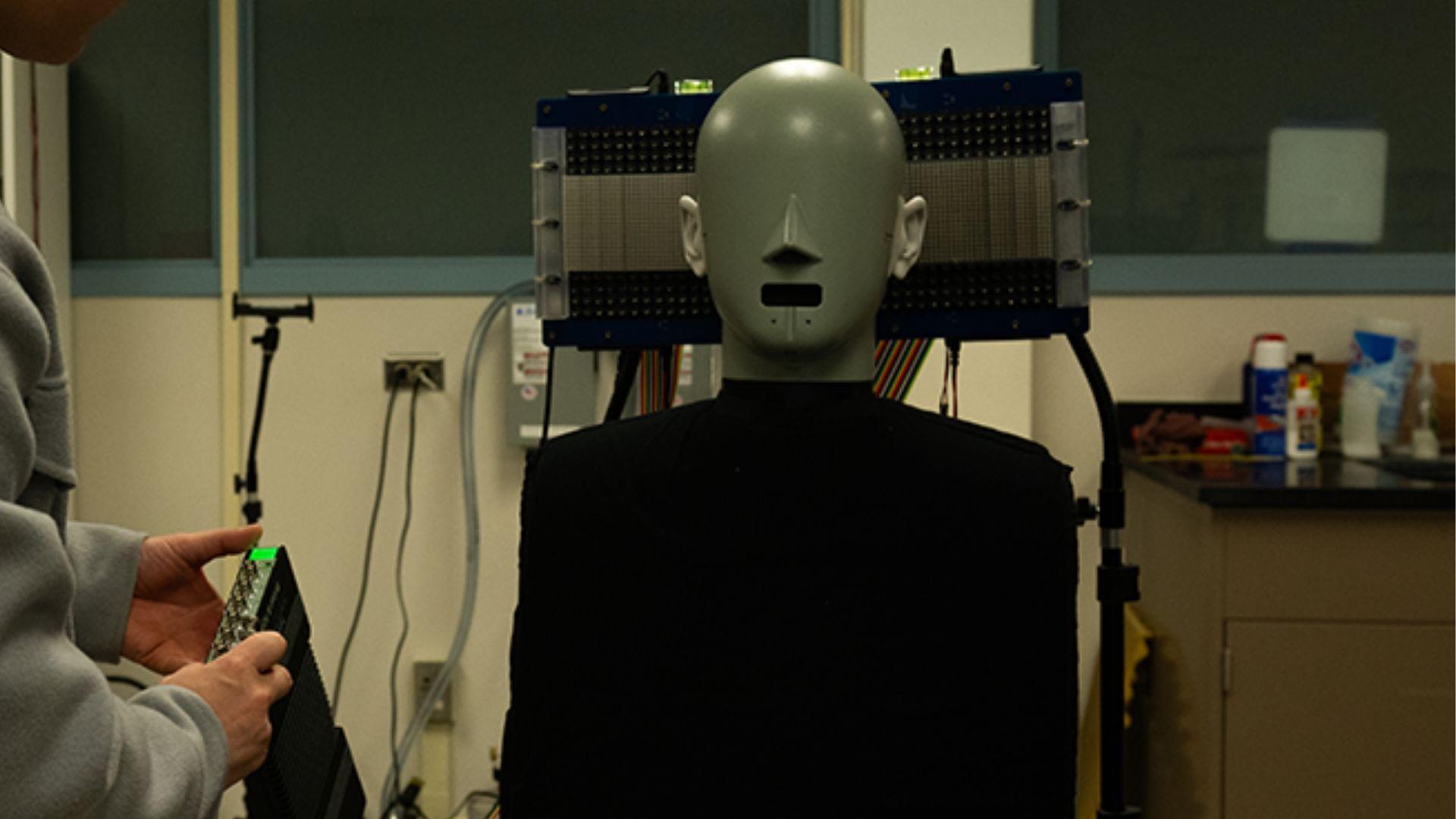
The team tested the system in an ordinary room with real echoes to show that it could function in the actual world, such as in classrooms, cars, or outside. At the moment, the system can transmit sound to a target roughly a meter away at 60 decibels, which is the average volume of a spoken conversation.
To improve the range and volume, the team proposes increasing the power of the ultrasound beams. Achieving that goal would drastically change how people use sound by providing a greater degree of privacy and personalization in public environments.
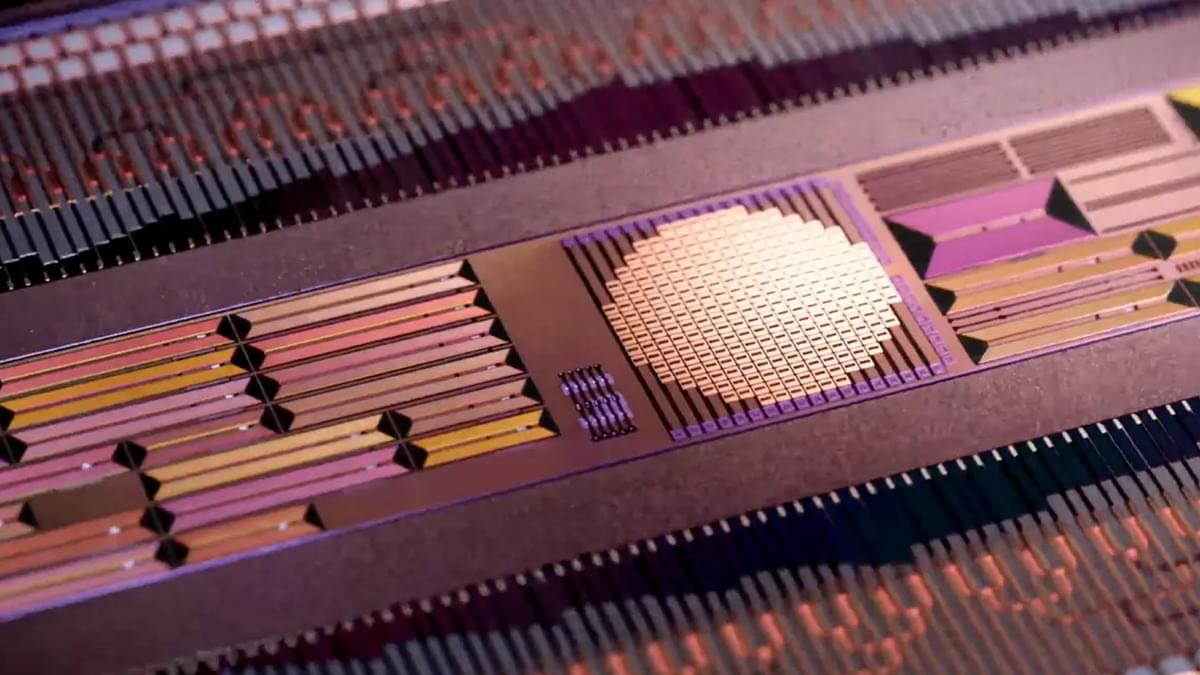
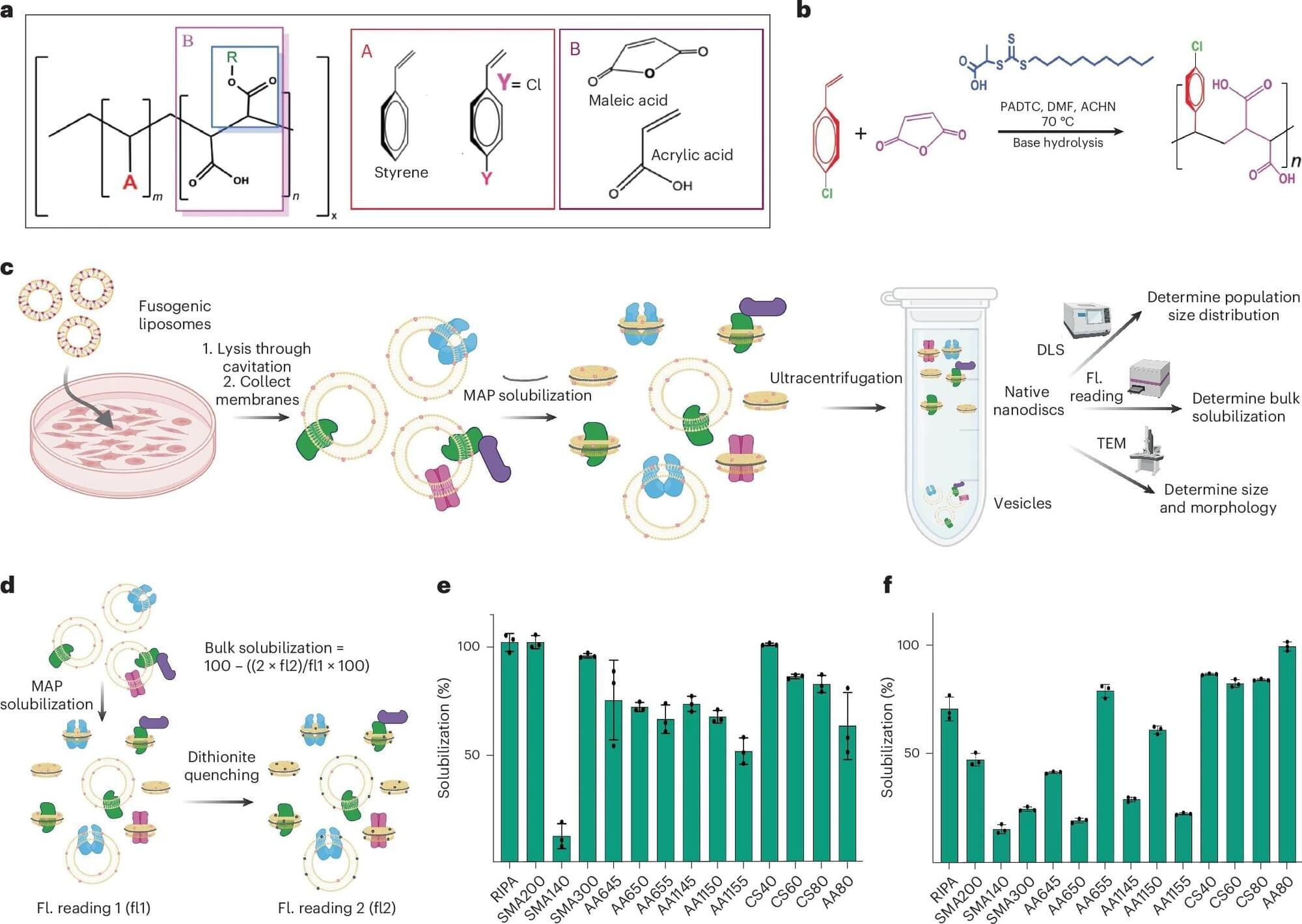
In the search for solutions to diseases like cancer, scientists are pursuing a new frontier in biology—the spatial and temporal places where our cells live.
Where first generation drugs targeted single molecules, over time evolving their own resistance, new tools and techniques are needed to keep ahead of resistant diseases by targeting the surrounding cellular space.
Much of this exploration is taking place at the surface of our cells—the protein-packed semi-permeable membranes that act as protectors and as signaling posts to other cells in the surrounding area.

This document intends to provide a summary of the cybersecurity threats in Japan with reference to globally observed cyber landscape. It looks at various kinds of cyberattacks their quantum and impact as well as specific verticals that are targeted by various threat actors.
As in February, 2024, in Japan, an organisation faces an average of 1,003 attacks per week, with FakeUpdates being the top malware. Most malicious files are delivered via email, and Remote Code Execution is the most common vulnerability exploit. In recent times, major Japanese incidents include a sophisticated malware by a nation state, attacks on Nissan and JAXA, and data breaches at the University of Tokyo and CASIO. Globally, incidents include Ukrainian media hacks, a ransomware attack on U.S. schools, and disruptions in U.S. healthcare due to cyber-attacks. The document also covers trends in malware types, attack vectors, and impacted industries over the last 6 months.
The details provide an overview of the threat landscape and major incidents in Japan and globally, highlighting the prevalence of attacks, common malware types, and impact on various industries and organisations. The information described should create awareness and help businesses and government organisation prepare well to safely operate in a digital environment.